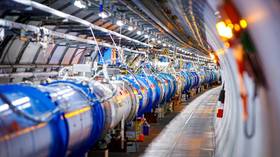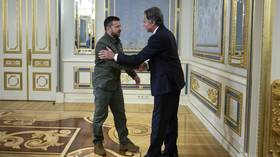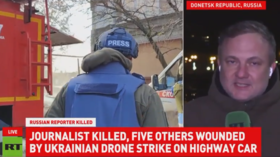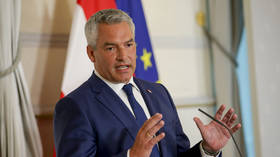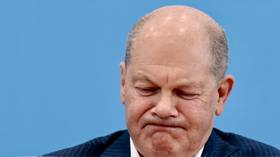Russians ousted from nuclear research in Switzerland
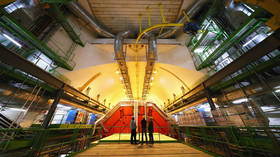
Scientific ties between hundreds of Russian scientists and the European Organization for Nuclear Research (CERN) have been halted, the Swiss-based research center said on Sunday, citing its decision to terminate a 60-year cooperation agreement ‘with Moscow.
Run by its 24 member states, CERN suspended Russia’s observer status in March 2022 shortly after the escalation of the Ukraine conflict. Last December, the organization said it would not extend the agreements, “together with all related protocols and addenda,” that it had with Russia and close ally Belarus after the deals expired on November 30.
In September, a spokesperson for the research center said that the decision would affect up to 500 scientists affiliated with Russian institutions and around 15 Belarusian scientists.
“CERN is an international organization, but it is not an island. It’s not acceptable to support scientific research when wars are taking place between countries which once had staff who worked together at CERN,” a spokesperson said at the time, adding that all activities were suspended shortly after the start of Moscow’s military operation against Kiev.
Kremlin education and science adviser Andrey Fursenko said on Saturday that foreign scientists wanted to continue working with Russian researchers within CERN. The official told RIA Novosti that the decision was made “at government level” and under “intense pressure from Ukraine,” which has the status of an associate member state in the organization. Fursenko said a proposal to maintain the deal with Russia was one vote short of being passed by CERN members.
Moscow has slammed the step as politicized, discriminatory, and unacceptable. In March, Russian Foreign Ministry spokeswoman Maria Zakharova said that Western powers were increasing pressure on Russia in “the field of fundamental science.”
CERN started cooperating with the USSR back in 1964, although neither the Soviet Union nor Russia have ever been full members. Russia applied for associate membership in 2012, but withdrew its application six years later. It has held observer status since 1991.
Russia contributed financially to the research center and helped to build the Large Hadron Collider, the world’s largest and most powerful particle accelerator, which achieved its first collisions in 2010. The collider has allowed scientists to confirm the existence of the Higgs boson, the particle that gives mass to other particles such as electrons and quarks.
